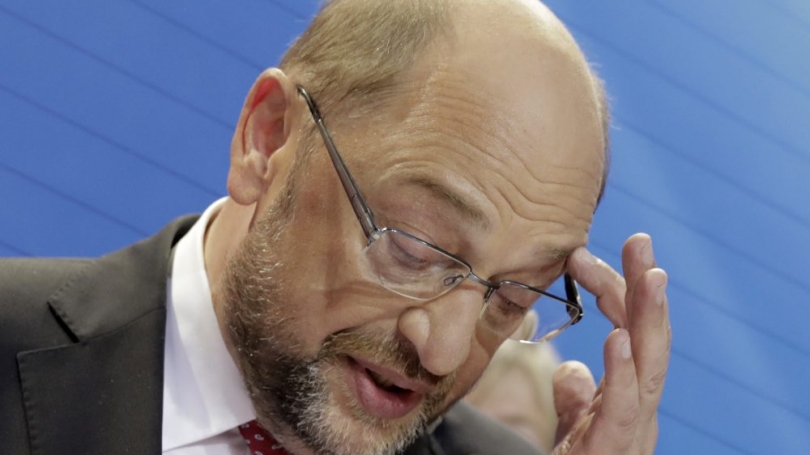
- Undergraduate
- Foreign Study
- Opportunities
- Inclusivity
- News & Events
- People
Back to Top Nav
Back to Top Nav
Back to Top Nav
Professor Klaus Mladek interprets the German elections results on WBUR's Cognoscenti: "Even though Angela Merkel was reelected on Sunday, Germany doesn’t feel very celebratory. As a German, I’ve never seen such a worried, agitated and sullen public in my country. After Brexit, Donald Trump and the ascension of other nativist populists in Europe, many Americans cherished the idea of Merkel as the last leader of the free world. But for many Germans, she embodies a kind of stagnation and lack of vision reminiscent of the years of Helmut Kohl. The few weeks that Merkel’s challenger from the SPD party, Martin Schulz, created genuine excitement among the electorate demonstrated for a fleeting instant how much the people, millennials, in particular, yearn for a real political alternative. The life in beer gardens and cafes, the big BMWs and many carbon-frame bikes might project an image of a wealthy and content society. But “there is immense unrest in Germany,” notes Stephan Grünewald from the Rheingold Institute in Cologne, who specializes in conducting psychological in-depth interviews with voters: “In our interviews, all the talk was about: refugee crisis, refugee crisis, refugee crisis. The psychological mood of the voters is wobbly, I have never before experienced such rage and so much hate among the test persons.” Recent cover stories of the Spiegel similarly talk about “Security and Rage” or about “the grapes of wrath,” the fact that “people rarely in German politics hated and fought so bitterly in market squares and on the internet as today.” That hate allowed the right populist and anti-immigrant party AFD (Alternative for Germany) to garner 13 percent of the vote and to be seated in the German Parliament for the first time."